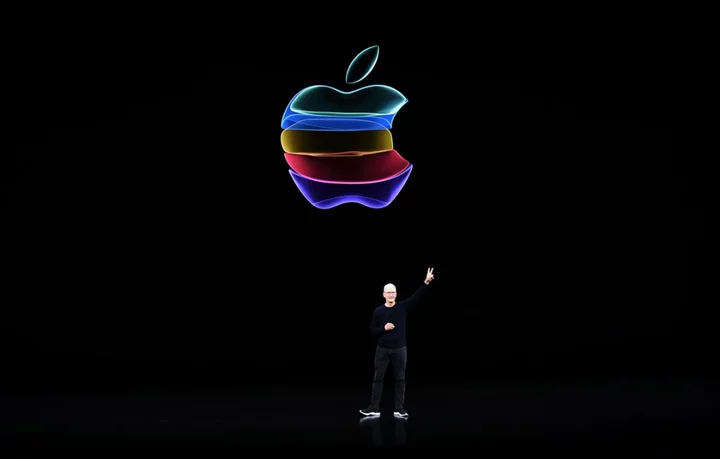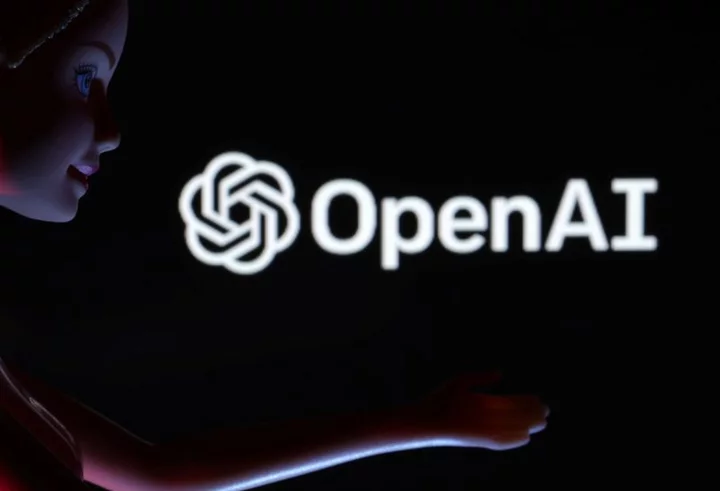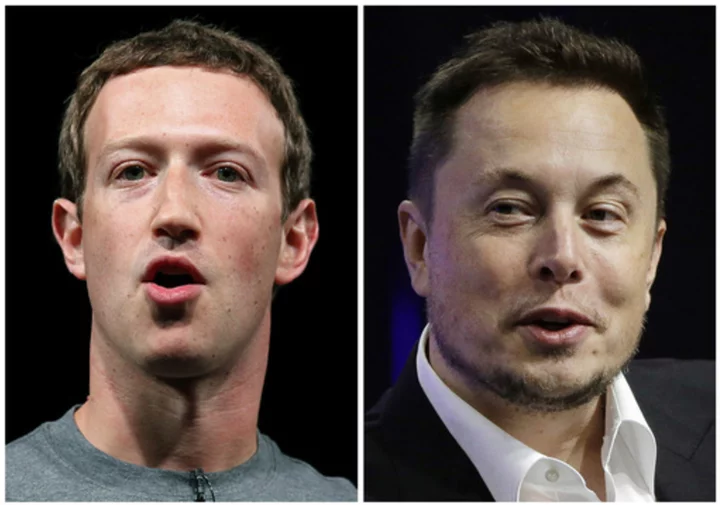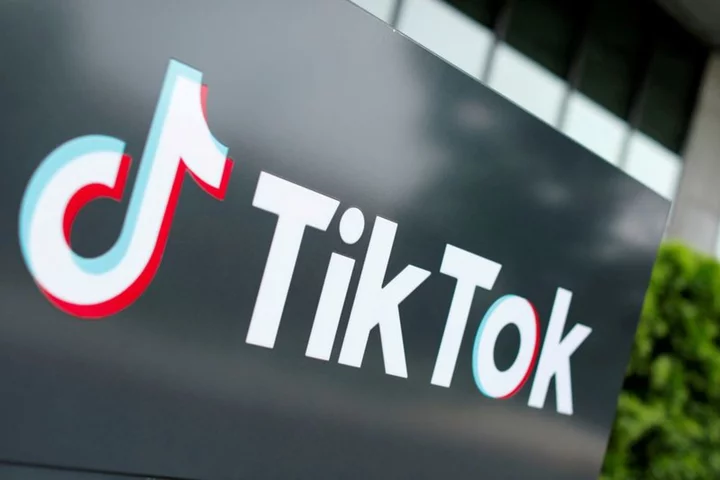
iPhone 15: Rumours hint at what mysterious button on side of new Apple device could do
The new iPhone 15 is widely rumoured to have a mysterious button on its side – and we might finally know what it does. Apple rumours have long suggested that the new iPhone 15 could swap the current mute switch on the side of the phone for a single button. But it was unclear what the button would actually do. The Apple Watch Ultra has a very similar feature, named the action button, which can be programmed for a variety of features. It can be used to open a workout or turn on the torch, for instance. The iPhone 15’s button appears to be designed to do the same, according to the latest leak, but with features that are more aimed at how people use their phone. That is according to Macrumors, which reported that it had found new code in the latest iOS 17 beta that included a list of names that seem to indicate what the button could be used for. The features are: accessibility, shortcuts, silent mode, camera, flashlight, focus, magnifier, translate and voice memos, Macrumors reported. Many of them appear to refer to individual apps that would presumably be opened with a press of the button. The camera and voice memos already have their own apps, and flashlight and magnifier are features that can be opened from other parts of the iPhone already. Accessibility would presumably open shortcuts that are currently available to allow people to adjust the iPhone to their needs. That would most likely allow people to switch on tools such as VoiceOver, which narrates what is happening on the screen, for instance. Silent mode would seem to replicate the mute switch that is currently in the place of the action button. And shortcuts and focus would presumably allow for users to open the quick programmable shortcuts and focus modes that currently allow users to streamline the software experience on the iPhone. Apple is rumoured to be preparing four new iPhones for release in September, though recent reports have suggested that the release of at least some of them could be pushed into October. The company is once again planning two sizes of both the Pro and normal models of the iPhone 15, but only the Pro version is expected to have the new button. Read More iPhone users urged to check their photo library amid fears they could be deleted Rumours are growing about some bad iPhone news Apple ‘secretly working on its own AI chatbot’
2023-07-28 00:52

11 Social Media Platforms You Probably Forgot Existed (And Why They Failed)
Still miss your old Friendster account? Discover why that and other once-popular social media platforms got discontinued here.
2023-09-20 20:27

Get lifetime access to millions of podcasts for $40
TL;DR: As of August 19, get a lifetime subscription to podcast app Podurama's Premium Plan
2023-08-19 17:46

OpenAI on track to generate more than $1 billion revenue over 12 months - The Information
OpenAI is on track to generate more than $1 billion in revenue over the next 12 months from
2023-08-30 07:59

Zebra Technologies Launches TC22/TC27 Mobile Computer for Enterprise-Grade Manageability and Productivity
LINCOLNSHIRE, Ill.--(BUSINESS WIRE)--Jun 27, 2023--
2023-06-27 23:56

China imposes sales restrictions on Micron as it escalates tech battle with Washington
China has banned Chinese companies working on key infrastructure projects from buying products from US semiconductor manufacturer Micron, in a major escalation of an ongoing battle between the world's top two economies over access to crucial technology.
2023-05-22 13:29

Save $300 on a fast, reliable Intel Core i7 laptop
When it comes to ramping up your productivity at work and making the most of
2023-06-28 22:49

Tech billionaires' cage match? Musk throws down the gauntlet and Zuckerberg accepts challenge
Elon Musk and Mark Zuckerberg are ready to fight, offline
2023-06-22 23:18

Europe's 'City of Atlantis' discovered after being lost for 600 years
The remains of a church from a sunken town known as the 'Atlantis of the North Sea' has been discovered beneath the mud on Germany's coast. The church is believed to be part of a site called 'Rungholt' located in the Wadden Sea. The town, which was previously thought to be a local legend, has not been seen since 1362 after it was submerged beneath the waves during an intense storm. However, new research has shown that the town really did exist and that they had built reinforcements around the settlement to protect them from the severe elements. The research was carried out on the area by archeologists from Kiel University, Johannes Gutenberg University Mainz, the Center for Baltic and Scandinavian Archaeology, and the State Archaeology Department Schleswig-Holstein. Sign up to our free Indy100 weekly newsletter Searching the Wadden Sea which is the longest stretch of intertidal sand and mud flats on Earth, the team, using geophysical imaging technology found man-made mounds that had been constructed to protect the town against the tides. Amongst this structure were the foundations of a building which the team determined had to be a church which may have been the location of the town centre. In a statement, Dr. Dennis Wilken, a geophysicist at Kiel University of Kiel University said: "Settlement remains hidden under the mudflats are first localized and mapped over a wide area using various geophysical methods such as magnetic gradiometry, electromagnetic induction, and seismics." Dr. Hanna Hadler from the Institute of Geography at Mainz University added: "Based on this prospection, we selectively take sediment cores that not only allow us to make statements about spatial and temporal relationships of settlement structures, but also about landscape development." Dr. Ruth Blankenfeldt, an archaeologist at ZBSA also suggested that the "special feature of the find lies in the significance of the church as the centre of a settlement structure, which in its size must be interpreted as a parish with superordinate function." The storm that washed away Rungholt has gone down in history as one of the largest to ever hit the region, affecting not just Germany but also the Netherlands, Denmark and the UK. The storm happened on January 1362 and has since been referred to as "the great drowning of men." According to historical reports, Rungholt was once a busy trading port for fishermen but was also populated by taverns, brothels and churches. Have your say in our news democracy. Click the upvote icon at the top of the page to help raise this article through the indy100 rankings.
2023-05-28 19:19

The EU Is Leading the Charge on AI Regulation: Big Take Podcast
Listen to The Big Take podcast on iHeart, Apple Podcasts, Spotify, Terminal. The European Union became one of
2023-07-31 18:28

Q2 Update, New Deployment and Big Event for Knightscope
MOUNTAIN VIEW, Calif.--(BUSINESS WIRE)--Aug 15, 2023--
2023-08-15 21:51

New Warzone Season 4 Vondel Gulag Detailed
A new Vondel Gulag is coming to Warzone Season 4 Reloaded that is hidden underground in a more medieval part of the map.
2023-06-13 00:22
You Might Like...

Musk admits Twitter cash flow is still negative, lost 50% of ad revenue

How to unblock YouTube Premium

emnify Welcomes Former Deutsche Telekom IoT CPO, Christopher Ruettgers, to Drive Product Strategy

Artificial intelligence raises risk of extinction, experts say in new warning

TikTok to launch e-commerce platform in US to sell China-made goods - WSJ

FedEx says U.S. Express service disrupted, blames FAA IT outage overnight

Song of Nunu: A League of Legends Story Pre-Load Times for All Regions

Alix Earle and Braxton Berrios spotted kissing at Miami club, fans say 'love them together'
